Why is Bone Health Important?
Bones provide us with support and allow us to move our bodies. They form a protective layer around important organs like our brain, heart, and other organs. Our bones are also a store of minerals, such as calcium and phosphorous, which help keep our bones strong. These nutrients are also released when needed into our body for other uses.
What is Osteoporosis?
Osteoporosis and osteopenia are characterised by low bone mineral density and micro-architectural deterioration of bone tissue. This occurs due to disturbances within bone modelling processes, including more bone resorption that is driven by osteoclasts (which initiate bone remodelling and removal), and less bone formation, driven by osteoblasts (that activate new bone tissue). Essentially, our bones are broken down faster than we can build them up. Ultimately, osteoporosis is associated with decreased bone strength, increased bone fragility, and a consequent increased risk of bone fractures.
Who is More at Risk of Osteoporosis?
Osteoporosis can occur due to many risk factors, some of which follow.
- Those who have a family history of osteoporosis, anyone who may have a small or thin build.
- Many nutrient deficiencies, either from low intake or lowered absorption, can increase risks, such as low calcium, magnesium, boron, silica and vitamins D and K.
- Excessive alcohol or caffeine intake can leech nutrients from the bone and smoking is another significant risk factor for osteoporosis.
- A sedentary lifestyle can contribute to reduced bone density. Certain medications, including corticosteroids, thyroid medications, anticonvulsants, anticoagulants and proton pump inhibitors are risk factors. However, do not stop taking any medications without medical supervision.
- Often Osteoporosis can occur in men and women when there are low levels of sex hormones, oestrogen levels in women and testosterone in men. In menopause, oestrogen decreases and women who experience earlier menopause that the expected time or early 50’s can lead to great risk of osteoporosis.
What Exercises can help Bone Health?
The exercises that will help bone health involve –
- Resistance exercise challenges your muscles by working against some type of resistance, such as dumbbells, elastic bands, or even your own body weight.
- Weight-bearing exercise is any activity, such as running, walking, dancing, hiking, climbing stairs, or playing tennis, golf, or basketball, in which you carry your body weight and work against gravity. Bones get stronger when they have to work against gravity. (Non-weight-bearing activities include swimming or cycling, which are still great exercises but it is the water or the bike that supports your body).
- Exercises that are impacting, like when you land a jump or pound the ground with each step as you run, can multiply the weight-bearing effect of gravity, allowing a more pronounced effect on bone than lower-impact exercises.
What Nutrients are Needed for Bone Health?
Calcium is essential for building and maintaining healthy bones throughout life. Around 99% of our body’s calcium is found in the bones, it combines with other minerals to form hard crystals giving bones strength and structure. Calcium is found in dairy sources, milk (cow, goat, sheep) and fortified plant-based kinds of milk (almond, soy, rice), cheese, yoghurt, edamame (soybeans), canned sardines, salmon (with bones), almonds and especially sesame seeds (tahini paste).
Vitamin D has widespread effects, indirectly and directly on bone health, by increasing calcium and phosphate absorption via the intestines and renal absorption of calcium; as well as interacting with vitamin D receptors on bone-forming cells that enhance skeletal mineralisation. Vitamin D insufficiency/deficiency, (<30-50 nmol/L) is one of the most common causes of an osteoporotic-related condition defined by impaired skeletal mineralisation. Vitamin D sources are sunshine, mushrooms, mackerel, eggs and fortified milk. For more information on Vitamin D and safe sun exposure see https://handcraftedhealth.com.au/vitamin-d-sun-how-much-is-enough/
Magnesium is necessary for calcium and vitamin D absorption and metabolism (magnesium converts vitamin D into its active form to enhance calcium absorption). Some studies even indicate that magnesium is as important in the prevention and treatment of osteoporosis as calcium. Magnesium levels are necessary for proper calcium metabolism, support hormones that regulate bone mineralization and inhibit bone breakdown while increasing bone-building activity.
Vitamin K helps to deposit calcium into the correct place in the bones, which in turn reduces the build-up of calcium in the arteries that can lead to cardiovascular disease. Sources of vitamin K include dark leafy green vegetables such as broccoli, spinach, parsley and cabbage, and fermented foods e.g. miso, oats and green tea.
Zinc is needed for calcitonin (a hormone) that transfers calcium into the bones. Sources of zinc include oats, ginger, almonds and sunflower seeds.
For more information on what you can do to support bone health, make an appointment with Sue at https://handcraftedhealth.com.au/online-booking/
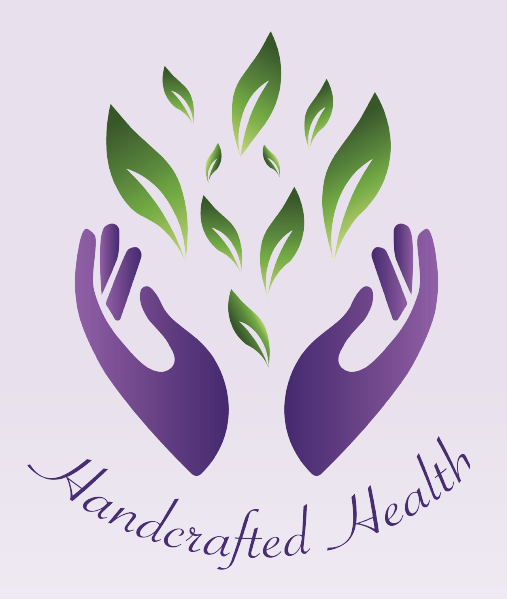


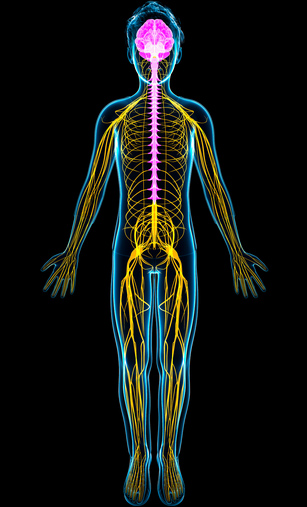
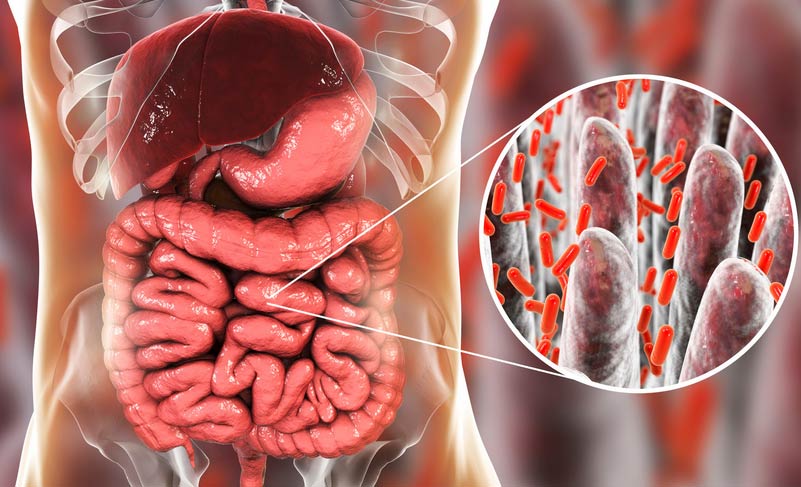

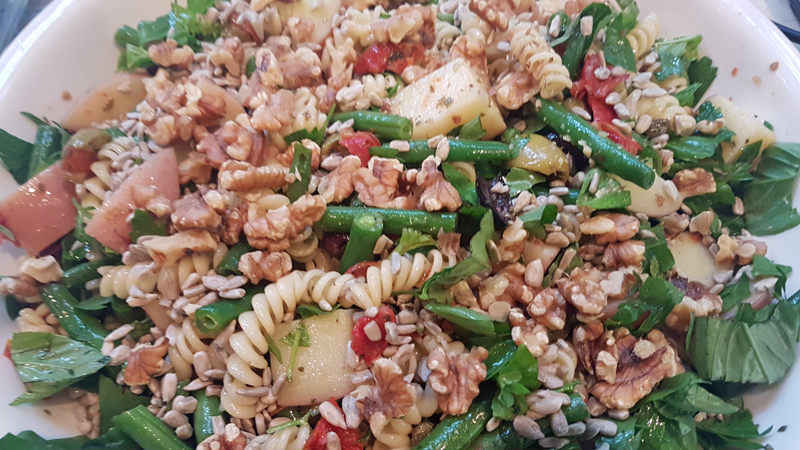
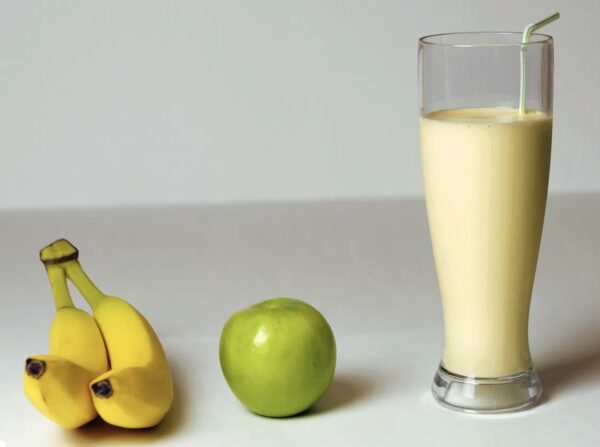

0 Comments